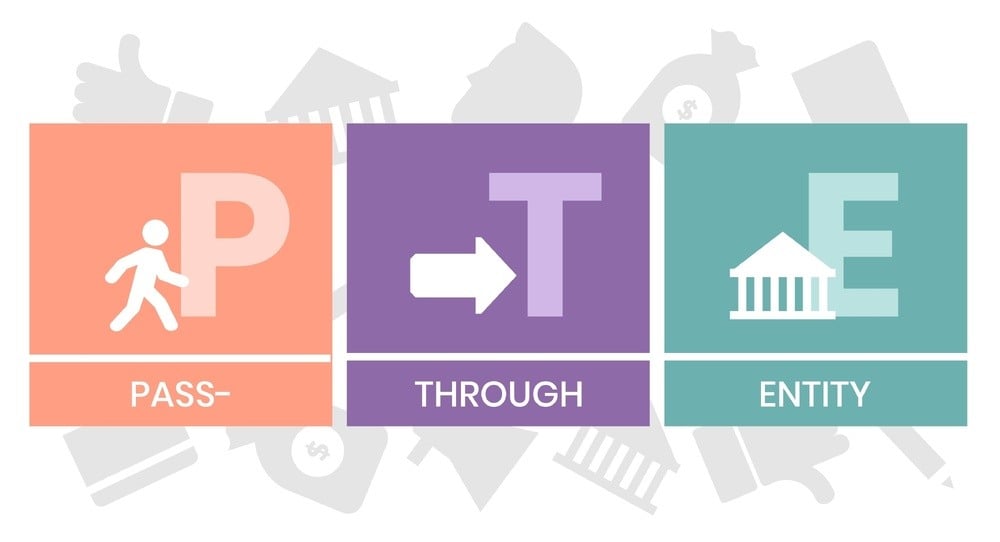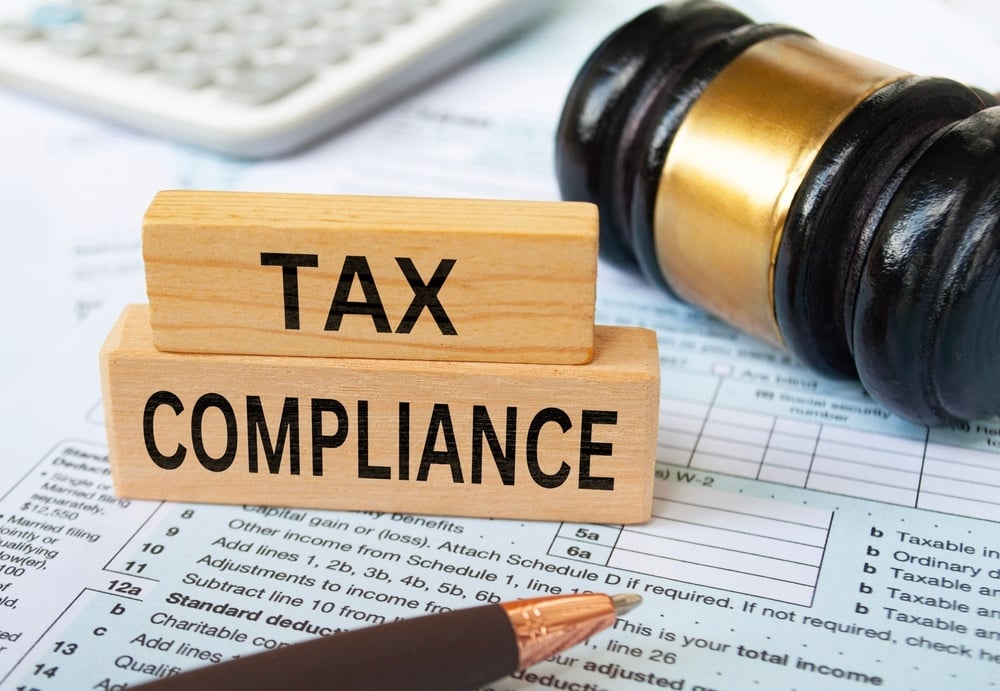The IRS Weighs in on Nonprofit NIL Collectives
The IRS on June 9, 2023, released generic legal advice memorandum AM 2023-004,[1] which addresses whether developing paid name, image and likeness...
2 min read
Wei Wei & Co
:
Jan 29, 2025 8:15:00 AM

Pass-through entities—including partnerships, S corporations, and LLCs—offer unique tax advantages but also face distinct challenges due to their structure. As the tax landscape evolves in 2025, these entities must navigate shifting policies, heightened IRS scrutiny, and employment tax complexities to ensure compliance and maintain their tax advantages. Here are the top issues pass-through entities should address and actionable strategies for navigating them effectively.
1. Potential Structural Reevaluation Amid Changing Tax Policy
The expiration of provisions from the Tax Cuts and Jobs Act (TCJA) and discussions around adjustments to corporate tax rates have created uncertainty for pass-through entities. With the possibility of a lower corporate tax rate, some pass-through entities may find it advantageous to reevaluate their structure.
Additionally, recent IRS guidance has intensified scrutiny on partnership arrangements and transactions. This increased focus underscores the need for pass-through entities to stay informed about legislative developments and their potential impact.
Action Steps:
Although concerns about IRS enforcement may have shifted post-election, pass-through entities remain at risk for audits, especially given increased IRS funding and enforcement priorities. Businesses engaging in acquisitions, sales, or other transactions may also face additional scrutiny, making robust preparation essential.
Action Steps:
3. Addressing Employment Tax Disputes
Employment tax-related disputes remain a recurring issue for pass-through entities, particularly partnerships. Recent IRS enforcement efforts have targeted how partnerships report partners' self-employment income. Notably, the longstanding reliance on the "limited partner" exception to avoid self-employment taxes may be at risk due to anticipated judicial guidance.
Action Steps:
The tax landscape for pass-through entities is increasingly dynamic, with evolving regulations, complex state and local requirements, and rising global tax planning challenges. Proactively addressing these issues and staying informed about emerging trends is essential for minimizing risk and maintaining compliance.
How WEI, WEI & CO., LLP Can Help
Navigating tax challenges requires expert guidance tailored to your entity’s unique needs. At WEI, WEI & CO., LLP, our tax professionals are here to support your business every step of the way.
Visit our Tax Services page to learn how we can help your organization tackle the most pressing tax issues and optimize your tax strategy in 2025.

The IRS on June 9, 2023, released generic legal advice memorandum AM 2023-004,[1] which addresses whether developing paid name, image and likeness...

As the digital asset market grows, states are refining their approaches to taxing non-fungible tokens (NFTs). Washington recently issued...

State and local tax (SALT) credits and incentives are valuable tools for optimizing a company’s tax strategy. However, ensuring compliance with these...